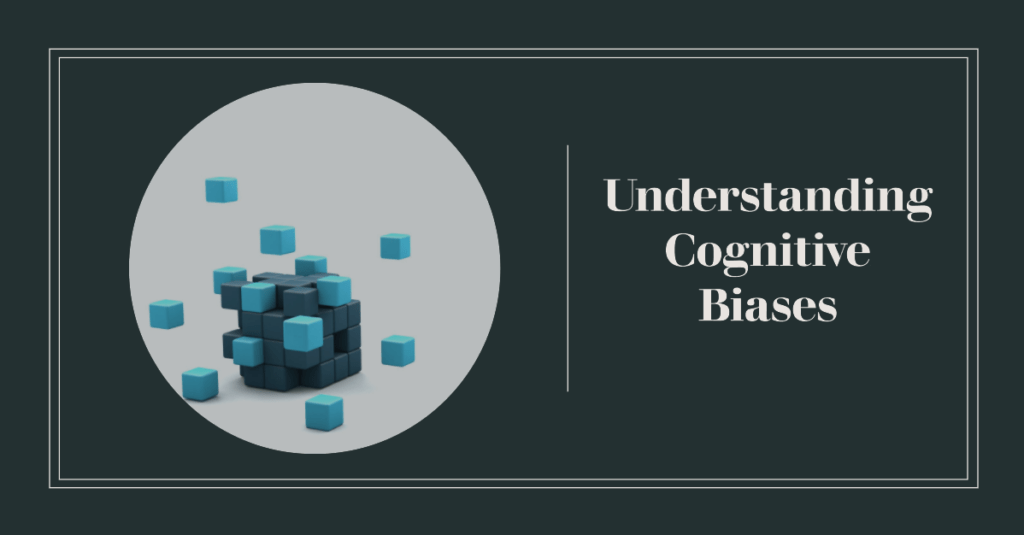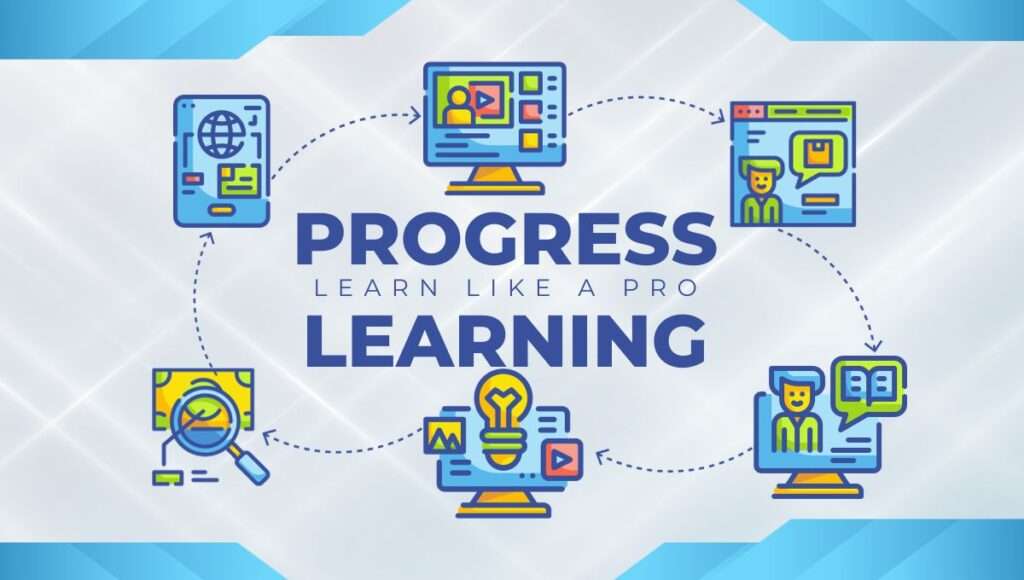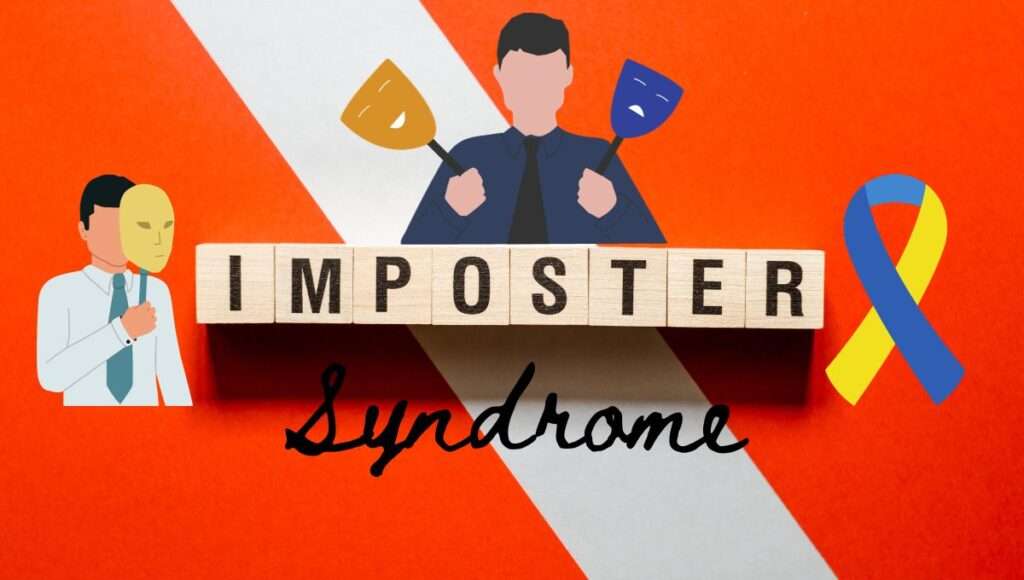10 Negative Attitude Habits That You Need to Break Today

Introduction
Have you ever felt like your attitude is holding you back from achieving your goals or enjoying your life? 😞
If yes, then you are not alone. Many people struggle with negative attitude habits that affect their mood, motivation, performance, relationships, and happiness. 😔
But what is attitude and why does it matter? 🤔
Attitude is the way we think, feel, and behave towards ourselves, others, and situations. It affects how we perceive ourselves and the world around us, how we cope with challenges and opportunities, and how we interact with others. 🧠
Attitude is important because it influences our actions and outcomes. A positive attitude can help us overcome obstacles, achieve success, and enjoy life. A negative attitude can hinder our progress, cause failure, and make us miserable. 😊😠
In this blog post, we will discuss 10 negative attitude habits that are common and harmful, and how to break them with some practical tips and examples. By doing so, you will be able to transform your attitude for the better and reap the benefits of a positive mindset. 😃
Are you ready to break free from your negative attitude habits and start living your best life? 🙌
Then let’s get started! 👇
What are the 10 Negative Attitude Habits That You Need to Break Today?
Before proceeding further I need to tell you that these are not just some regular bad attitude habits they have been carved into your very bones, and the ones who did this to you are you yourselves, my dear friends. So please accept this fact and take it very seriously.
Blaming Others for Your Problems.
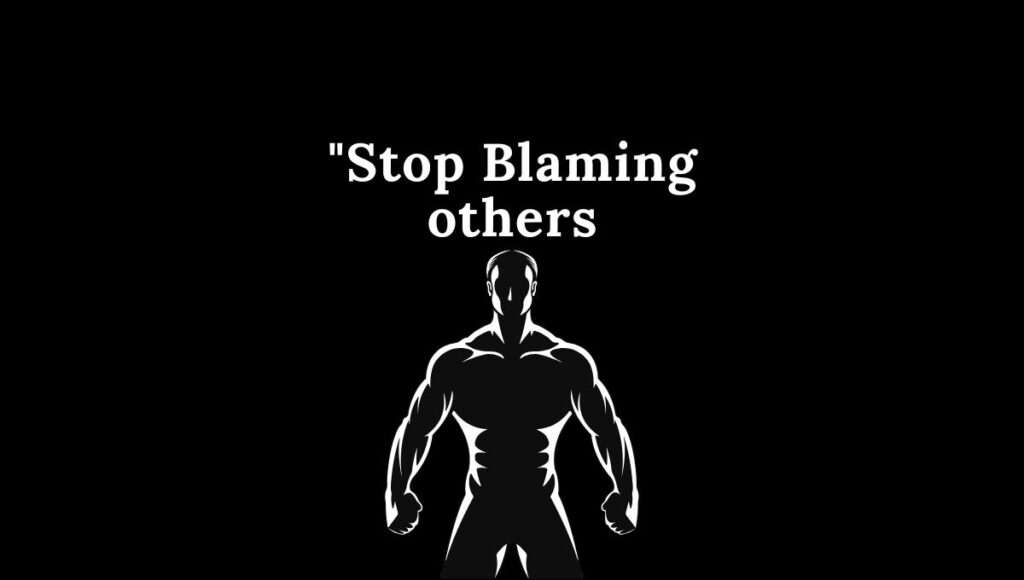
Do you often blame others for your problems? 🤨
Do you refuse to take responsibility for your actions and outcomes, and instead point fingers at others or external factors? 🙅♂️
If yes, then you have a negative attitude and habit of blaming others for your problems. This habit is when you avoid facing the consequences of your choices and actions, and shift the blame to someone or something else. 😒
This is a negative habit because it prevents you from learning from your mistakes, improving yourself, and solving your issues. It also damages your relationships with others, as they may feel resentful or defensive when you blame them unfairly. 😡
To break this habit, you need to practice self-awareness, accountability, and problem-solving skills. You need to recognize that you are in charge of your life and that you have the power to change it for the better. You need to accept that you are not perfect and that you can make mistakes. You need to learn from your failures and use them as opportunities to grow. You need to focus on finding solutions rather than excuses. 🙏
For example, instead of saying “I failed the exam because the teacher was unfair”, say “I failed the exam because I didn’t study enough. Next time, I will prepare better and ask for help if I need it.” 📚
By doing so, you will be able to take control of your life, improve your self-esteem, and build trust with others. 😎
Complaining Constantly

Do you often complain about everything? 😫
Do you focus on the negative aspects of yourself, others, and situations, and express your dissatisfaction or discontentment frequently? 😤
If yes, then you have a negative attitude and a habit of complaining constantly. This habit is when you magnify the problems or difficulties in your life and ignore or minimize the positive or good things. 😕
This is a negative habit because it makes you unhappy, stressed, and pessimistic. It also annoys or discourages others who have to listen to your complaints. It also prevents you from taking action to improve your situation or appreciate what you have. 😢
To break this habit, you need to practice gratitude, optimism, and action-oriented thinking. You need to acknowledge the blessings and opportunities in your life and express your appreciation for them regularly. You need to look at the bright side of things and expect the best possible outcomes. You need to take charge of your situation and do something about it rather than just whining or venting. 🙌
For example, instead of saying “I hate my job because it’s boring and stressful”, say “I’m grateful for my job because it pays my bills and allows me to learn new skills. I’m also looking for ways to make it more enjoyable and meaningful.” 💼
By doing so, you will be able to boost your mood, reduce your stress, and increase your happiness. You will also inspire or motivate others who may be facing similar challenges or difficulties. 😊
Resisting Change
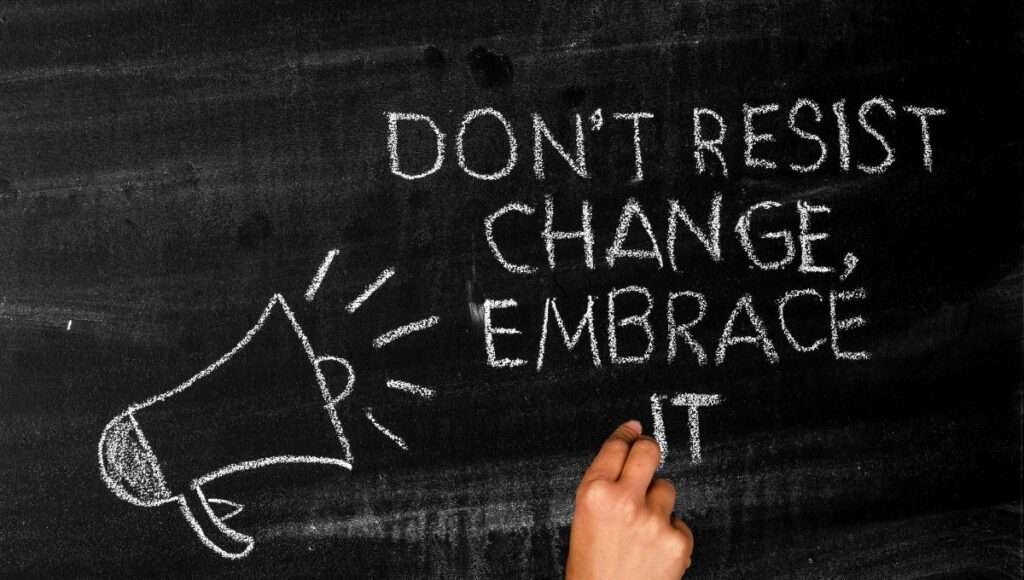
Do you often resist change? 😬
Do you prefer to stick to your comfort zone and avoid trying new things or adapting to new situations? 😨
If yes, then you have a negative attitude and habit of resisting change. This habit is when you fear or reject change and cling to the familiar or the status quo. 😟
This is a negative habit because it limits your growth, potential, and opportunities. It also makes you rigid, inflexible, and stagnant. It also prevents you from embracing the reality and the possibilities of the present and the future. 😳
To break this habit, you need to practice openness, curiosity, and flexibility. You need to accept that change is inevitable and that it can be positive or beneficial. You need to explore new things and learn new skills that can enrich your life and broaden your horizons. You need to adapt to new situations and challenges with confidence and creativity. 🙋♂️
For example, instead of saying “I don’t want to move to a new city because I’ll miss my friends and my routine”, say “I’m excited to move to a new city because I’ll meet new people and experience new things. I’ll also keep in touch with my friends and create a new routine that suits me.” 🌇
By doing so, you will be able to expand your comfort zone, enhance your capabilities, and discover new opportunities. You will also become more resilient, adaptable, and dynamic. 😁
Being Overly Critical of Yourself and Others

Do you often judge yourself and others harshly? 😒
Do you set unrealistic or unreasonable standards for yourself and others, and criticize or condemn them when they fail to meet them? 😠
If yes, then you have a negative attitude and a habit of being overly critical of yourself and others. This habit is when you have a negative or distorted view of yourself and others and focus on their flaws or weaknesses rather than their strengths or virtues. 😔
This is a negative habit because it lowers your self-esteem, confidence, and happiness. It also damages your relationships with others, as they may feel hurt, offended, or rejected by your criticism. It also prevents you from appreciating or celebrating yourself and others for who they are or what they do. 😢
To break this habit, you need to practice compassion, kindness, and acceptance. You need to recognize that you and others are human beings who are imperfect but worthy of love and respect. You need to focus on the positive or constructive aspects of yourself and others rather than the negative or destructive ones. You need to give yourself and others constructive feedback rather than harsh criticism, and praise rather than blame. 🙏
For example, instead of saying “I’m such a loser because I failed the project”, say “I’m proud of myself for trying my best on the project. I learned a lot from this experience and I’ll do better next time.” 👏
By doing so, you will be able to boost your self-esteem, confidence, and happiness. You will also improve your relationships with others, as they will feel valued, appreciated, and supported by you. 😊
Having a Fixed Mindset
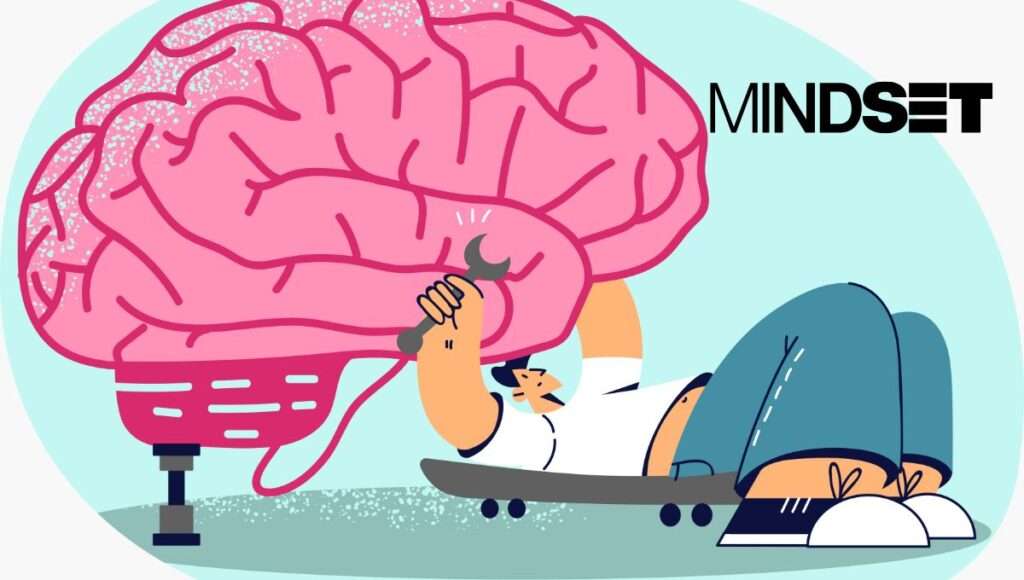
Do you often believe that your abilities and talents are fixed and cannot be changed? 😐
Do you avoid challenges, give up easily, ignore feedback, and feel threatened by the success of others? 😕
If yes, then you have a negative attitude and a habit of having a fixed mindset. This habit is when you think that your intelligence, skills, and personality are innate and immutable, and that you cannot improve or develop them. 😟
This is a negative habit because it limits your potential, performance, and growth. It also makes you fearful, defensive, and stagnant. It also prevents you from learning new things, overcoming difficulties, and achieving your goals. 😳
To break this habit, you need to practice a growth mindset. A growth mindset is when you believe that your abilities and talents can be enhanced and expanded through effort, practice, and feedback. You embrace challenges, persist in the face of setbacks, learn from criticism, and celebrate the success of others. 🙌
For example, instead of saying “I’m not good at math because I’m not smart enough”, say “I can get better at math if I work hard and seek help when I need it.” 🧮
By doing so, you will be able to unlock your potential, improve your performance, and achieve your growth. You will also become more confident, curious, and adventurous. 😁
Comparing Yourself to Others
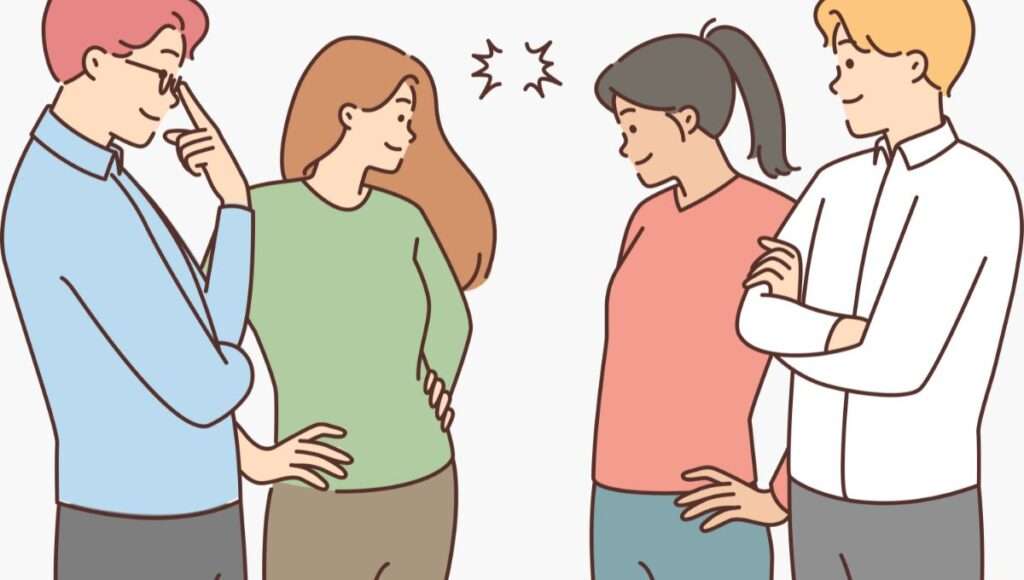
Do you often compare yourself to others? 😶
Do you measure your worth or success by how you stack up against others, and feel inferior or superior depending on the outcome? 😏
If yes, then you have a negative attitude of comparing yourself to others. This habit is when you judge yourself based on how you perceive others to be or do, rather than on your own standards or goals. 😖
This is a negative habit because it lowers your self-esteem, happiness, and motivation. It also creates envy, resentment, or arrogance towards others. It also prevents you from appreciating or celebrating your own uniqueness and achievements. 😢
To break this habit, you need to practice self-compassion, self-love, and self-improvement. You need to accept yourself as you are, with your strengths and weaknesses, and treat yourself with kindness and respect. You need to love yourself for who you are, not for what you have or do. You need to focus on improving yourself based on your own aspirations and potential, not on others’ expectations or opinions. 🙏
For example, instead of saying “I’m not as good as him because he has more followers and likes”, say “I’m proud of myself for sharing my passion and creativity with others. I’m also happy for him for his success and popularity.” 👍
By doing so, you will be able to boost your self-esteem, happiness, and motivation. You will also create harmony, goodwill, or admiration towards others. 😊
Taking Things Personally
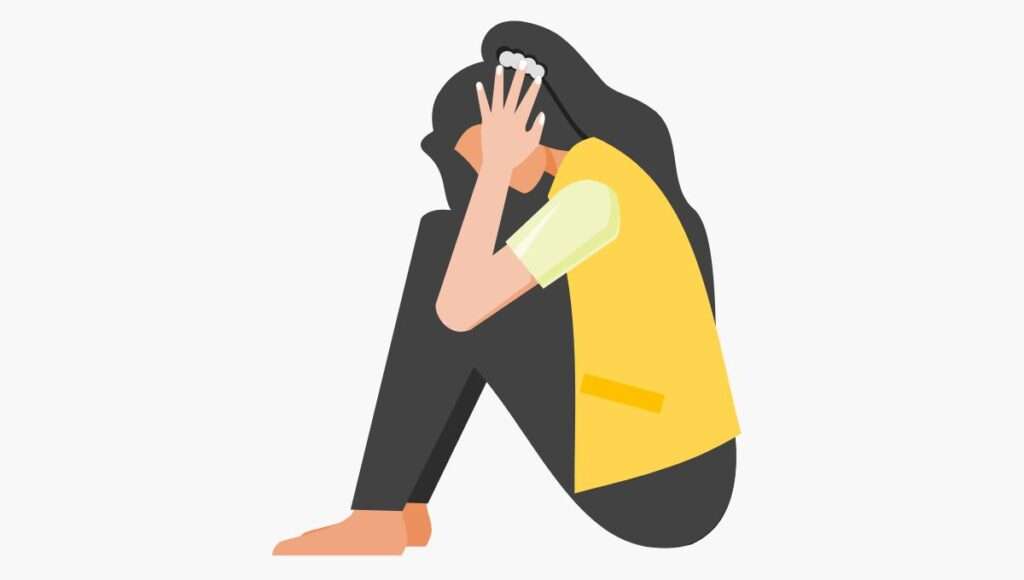
Do you often take things personally? 😳
Do you assume that everything that happens to you or around you is about you and that others’ actions or words are directed at or against you? 😱
If yes, then you have a negative attitude and habit of taking things personally. This habit is when you interpret others’ behaviors or comments as reflections of your worth or identity, rather than as expressions of their own feelings or perspectives. 😟
This is a negative habit because it makes you sensitive, defensive, and insecure. It also creates conflict, misunderstanding, or resentment with others. It also prevents you from seeing the bigger picture or the reality of the situation. 😢
To break this habit, you need to practice detachment, empathy, and assertiveness. You need to realize that not everything is about you, and that others may have their own reasons or motivations for what they do or say. You need to put yourself in others’ shoes and try to understand their point of view or situation. You need to communicate your feelings and needs clearly and respectfully, without blaming or attacking others. 🙌
For example, instead of saying “She ignored me because she hates me”, say “She ignored me because she was busy or distracted. I’ll talk to her later and see if everything is OK.” 👋
By doing so, you will be able to reduce your stress, anxiety, and anger. You will also improve your relationships with others, as they will feel more comfortable and respected by you. 😊
Being Negative About the Future
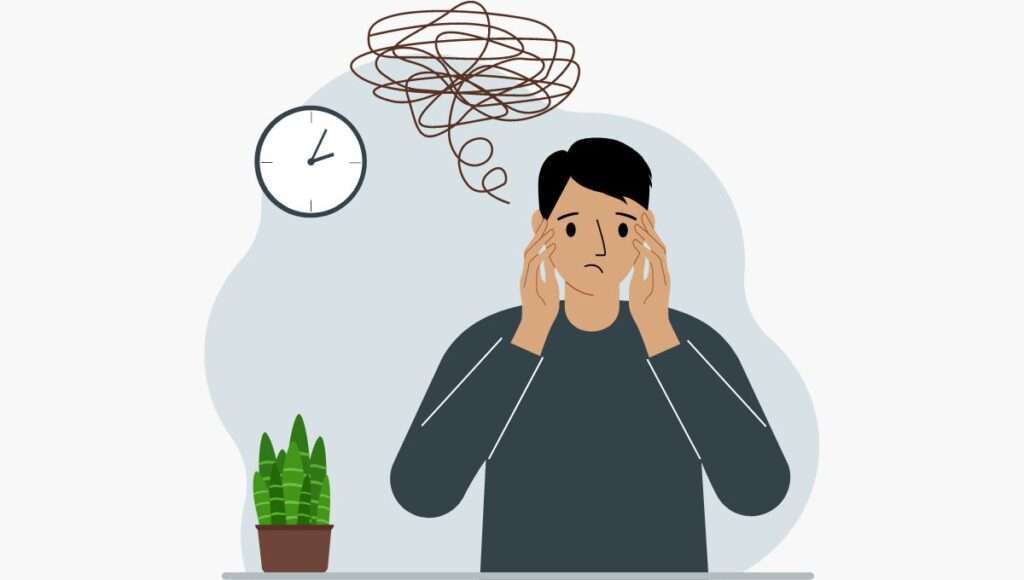
Do you often worry about the future? 😰
Do you anticipate the worst possible scenarios or outcomes, and feel hopeless or helpless about them? 😭
If yes, then you have a negative attitude and a habit of being negative about the future. This habit is when you have a pessimistic or fatalistic outlook on the future, and expect that things will go wrong or that you will fail. 😖
This is a negative habit because it makes you fearful, anxious, and depressed. It also paralyzes you from taking action or making plans for the future. It also prevents you from seeing the opportunities or possibilities that the future may hold. 😞
To break this habit, you need to practice optimism, realism, and proactivity. You need to have a positive or hopeful attitude towards the future and believe that things will work out well or that you will succeed. You need to have a realistic or balanced view of the future and acknowledge the risks or challenges as well as the benefits or rewards. You need to take action or make plans for the future, and prepare yourself for the best or worst-case scenarios. 🙋♂️
For example, instead of saying “I’m afraid I’ll never find a job in this economy”, say “I’m confident I’ll find a job in this economy if I work hard and network well. I’m also ready to face any difficulties or rejections along the way.” 💪
By doing so, you will be able to increase your confidence, happiness, and motivation. You will also create your own future, rather than letting it happen to you. 😁
Avoiding Challenges and Risks
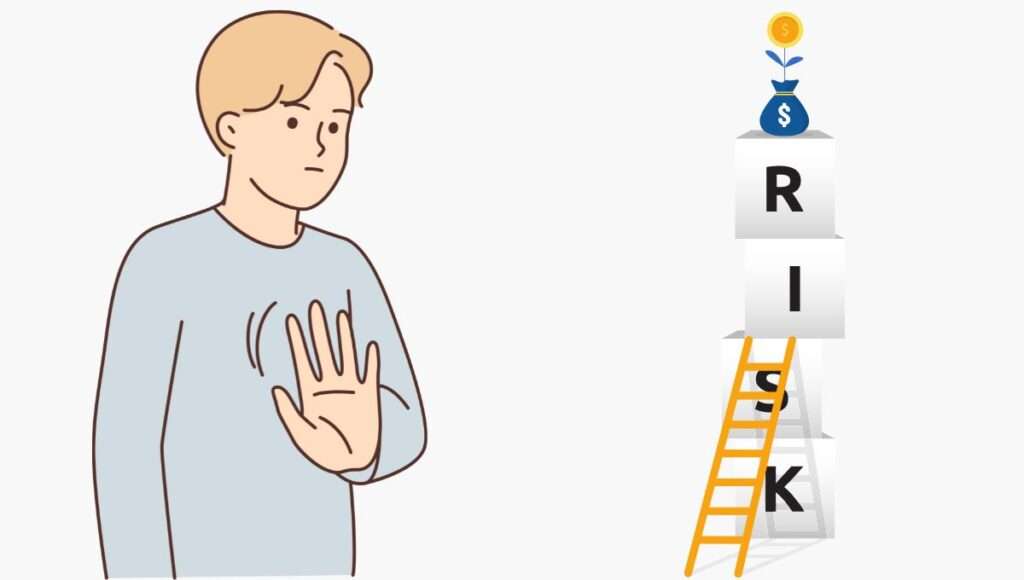
Do you often avoid challenges and risks? 😬
Do you prefer to stay in your comfort zone and avoid situations that may require you to stretch yourself or face uncertainty? 😨
If yes, then you have a negative attitude of avoiding challenges and risks. This habit is when you fear or avoid situations that may test your abilities, skills, or character, or that may expose you to failure, rejection, or criticism. 😟
This is a negative habit because it limits your growth, potential, and opportunities. It also makes you complacent, bored, and unfulfilled. It also prevents you from discovering new things, developing new skills, or achieving new goals. 😳
To break this habit, you need to practice courage, curiosity, and adventure. You need to face your fears and embrace challenges and risks as opportunities to learn, grow, and succeed. You need to explore new situations and experiences that can enrich your life and broaden your horizons. You need to pursue your dreams and passions with enthusiasm and determination. 🙌
For example, instead of saying “I don’t want to start my own business because it’s too risky and I might fail”, say “I want to start my own business because it’s my passion and I believe in myself. I’m also willing to take calculated risks and learn from my mistakes.” 💯
By doing so, you will be able to expand your comfort zone, enhance your capabilities, and discover new possibilities. You will also become more confident, excited, and fulfilled. 😁
Giving Up Easily

Do you often give up easily? 😔
Do you quit or lose interest when things get tough or when you face obstacles or setbacks? 😩
If yes, then you have a negative attitude of giving up easily. This habit is when you lack perseverance or resilience, and give in to difficulties or failures without trying hard enough or finding alternative solutions. 😞
This is a negative habit because it makes you weak, frustrated, and unhappy. It also wastes your time, energy, and resources. It also prevents you from reaching your full potential or achieving your desired results. 😢
To break this habit, you need to practice persistence, patience, and positivity. You need to keep going and keep trying until you succeed or until you find a better way. You need to wait for the right time or opportunity without losing hope or enthusiasm. You need to see the positive or constructive side of every situation and learn from every experience. 🙋♂️
For example, instead of saying “I can’t lose weight because I tried everything and nothing worked”, say “I can lose weight if I stick to my plan and adjust it as needed. I’m also patient with myself and celebrate every progress I make.” 🏃♂️
By doing so, you will be able to overcome any challenge or difficulty, achieve any goal or result, and enjoy any journey or process. You will also become more confident, proud, and satisfied. 😁
Conclusion

In conclusion, your attitude is a powerful factor that can make or break your life. 😊
If you have a negative attitude, you will suffer from low mood, poor performance, bad relationships, and limited opportunities. 😞
If you have a positive attitude, you will enjoy a high mood, great performance, good relationships, and unlimited opportunities. 😃
Therefore, it is important to break your negative attitude habits and cultivate your positive attitude habits. 🙌
By doing so, you will be able to transform your life for the better and achieve your goals and dreams. 😍 Let me provide you with some great books and further reading resources:
Buy Attitude Is Everything: Change Your Attitude … Change Your Life! Book Online at Low Prices in India | Attitude Is Everything: Change Your Attitude … Change Your Life! Reviews & Ratings – Amazon.in
The Winning Attitude: How to Create Extraordinary Results in Your Life eBook : Keller, Jeff: Amazon.in: Kindle Store
Attitude Is Your Superpower: How to Create Incredible Life-Changing Success : Clemente, Eduardo: Amazon.in: Books
Martin Pistorius: How my mind came back to life — and no one knew | TED Talk
So, what are you waiting for? 🤔
Start breaking your negative attitude habits today and see the difference in your life! 💯
Do you have any of these 10 negative attitude habits that are sabotaging your success and happiness? 🙋♂️
How do you plan to break them and improve your attitude? 🙋♀️
Let me know in the comments section below! 👇
FAQ
What is the difference between a negative attitude and a positive attitude?
A negative attitude is when you have a pessimistic or fatalistic outlook on yourself, others, and situations, and expect that things will go wrong or that you will fail. A positive attitude is when you have an optimistic or hopeful outlook on yourself, others, and situations, and believe that things will work out well or that you will succeed.
How can I break my negative attitude habits?
You can break your negative attitude habits by practicing the opposite or alternative habits that are positive and beneficial. For example, if you have a habit of blaming others for your problems, you can practice taking responsibility for your actions and outcomes. If you have a habit of complaining constantly, you can practice gratitude and optimism.
How long does it take to break a negative attitude habit?
There is no definitive answer to this question, as it depends on various factors such as the nature and intensity of the habit, your motivation and commitment, your environment and support system, and your personality and temperament. However, some studies suggest that it takes an average of 66 days to form or break a habit. Therefore, you need to be consistent and persistent in breaking your negative attitude habits.
Why is it important to break my negative attitude habits?
It is important to break your negative attitude habits because they can have a negative impact on your life in various aspects such as your mood, performance, relationships, and opportunities. By breaking your negative attitude habits, you can improve your life in various aspects such as your happiness, success, harmony, and possibilities.
